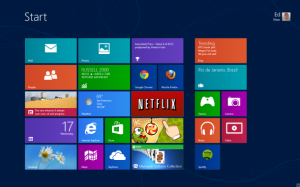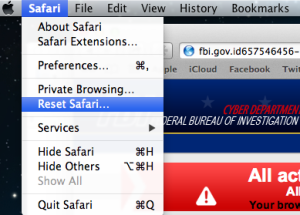The teen owner of an Australian ‘bank’ that reported the theft of 4,100 Bitcoins (BTC), now worth $1.4 million Australian dollars, has denied accusations that their loss was some kind of inside job.



The teen owner of an Australian ‘bank’ that reported the theft of 4,100 Bitcoins (BTC), now worth $1.4 million Australian dollars, has denied accusations that their loss was some kind of inside job.

The FBI has offered large rewards for information that could help them catch a clutch of alleged cyber-criminals.

The Silk Road online marketplace has resurfaced about a month after U.S. officials shut down the website that was only accessible through the Tor anonymity service.

The TOR Project is advising that people stop using Windows after the discovery of a startling vulnerability in Firefox that undermined the main advantages of the privacy-centered network.

Privacy and digital rights groups have dug in for a longer fight against massive surveillance programmes at the US National Security Agency.

With the major developers of banking malware laying low, a new crook on the block has emerged gunning to be top dog in the market.

Wall Street played its own version of war games on Thursday, testing its defences against simulated cyber-attacks bent on taking down US stock exchanges.

Ransom attackers have finally made the jump from Windows to the Mac with news of a stunningly simple hack that tries to trick browser users into paying a $300 (£200) fine using a simple JavaScript routine.

A persistent, widespread malware campaign that utilises compromised Apache servers is locking users’ computers and demanding a fee of $300 to free their data.

Malware modifies localised versions of social networks, banks and e-commerce sites when accessed from infected computers.
GET TAHAWULTECH.COM IN YOUR INBOX